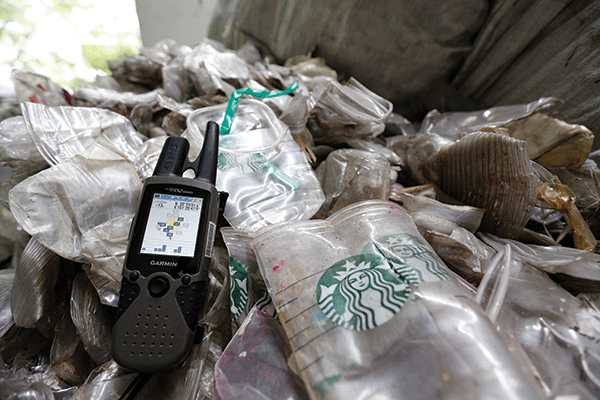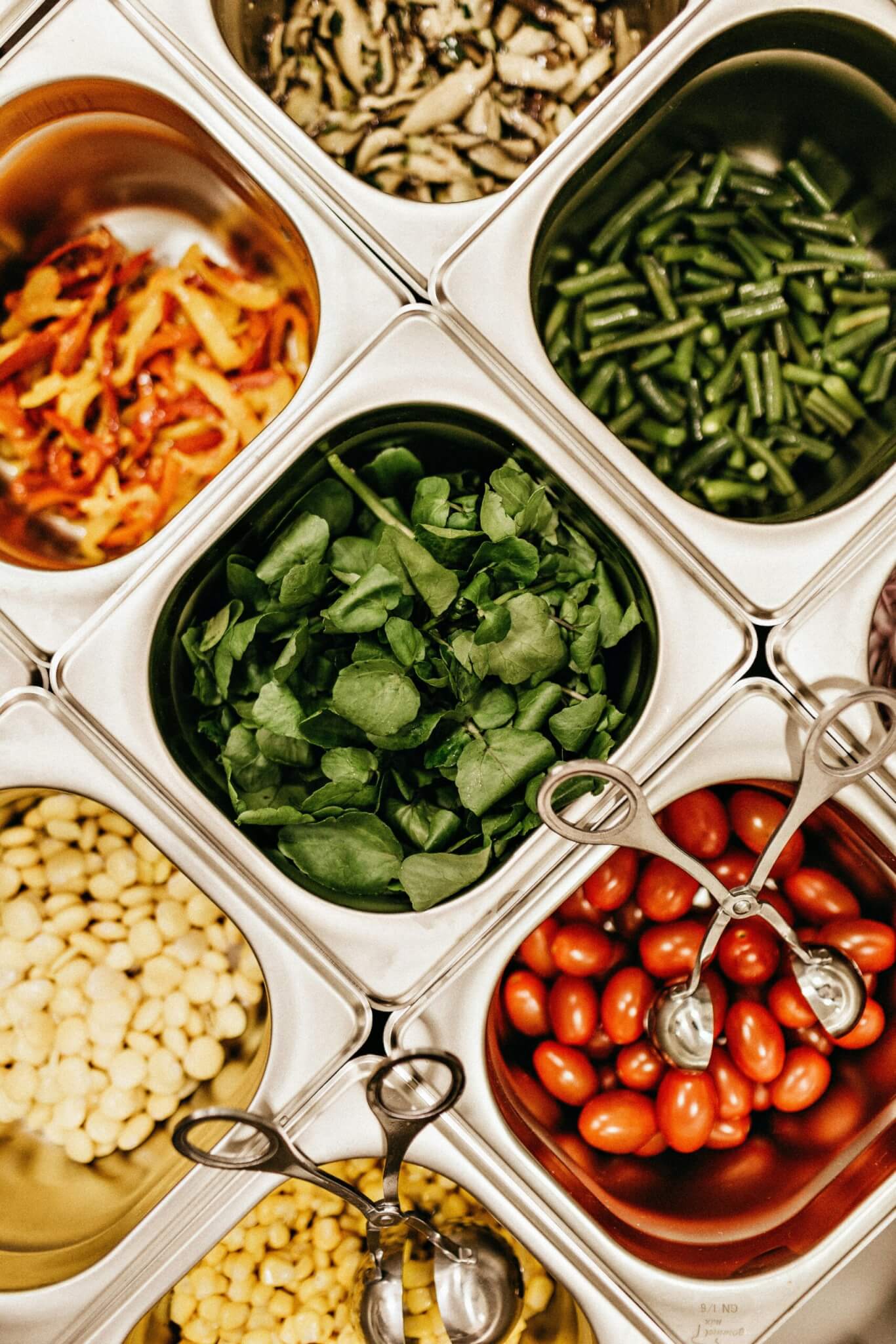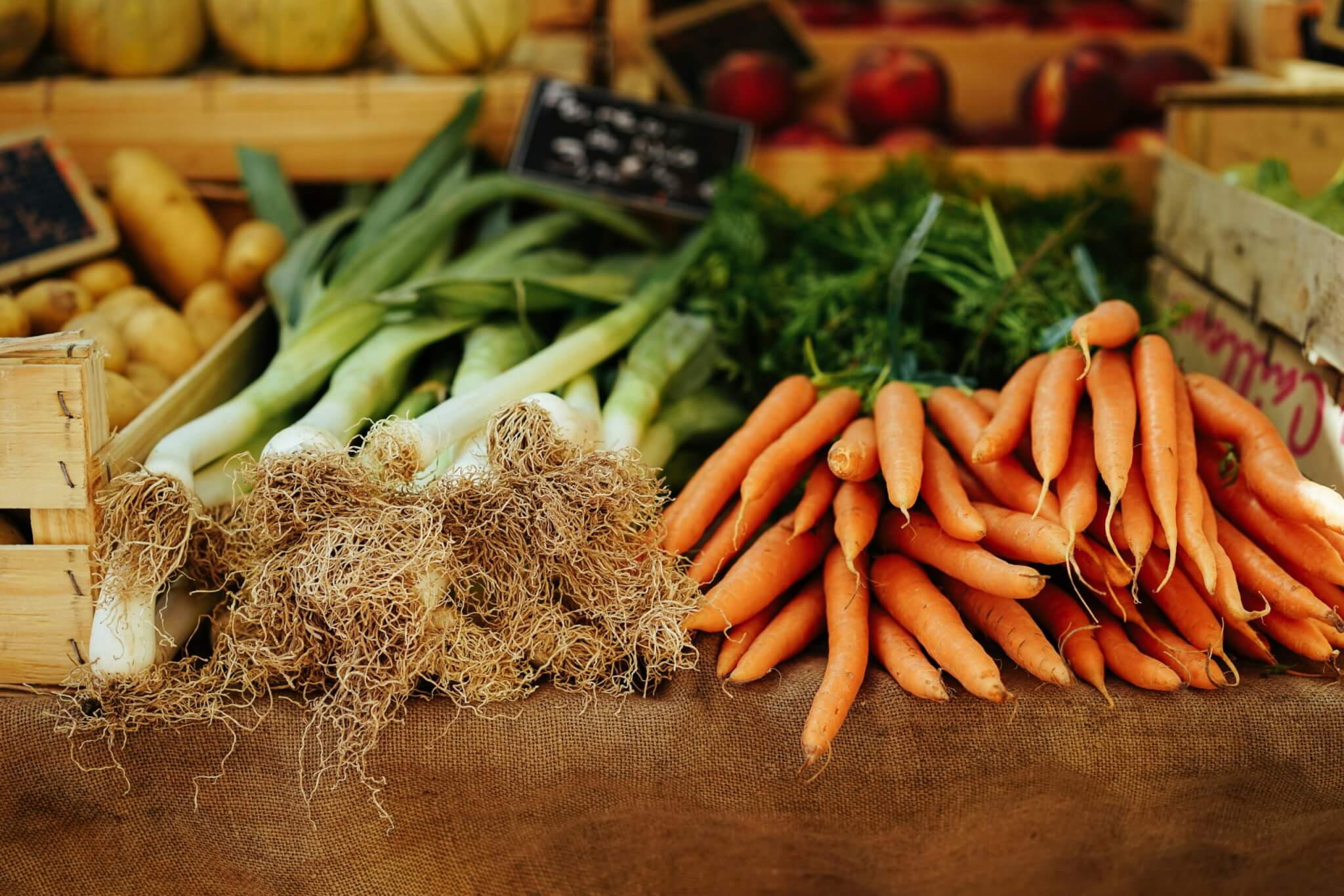By early 2018, residents living in Jenjarom had had enough.
For months, the small Malaysian town had been exposed to toxic fumes spewed out by illegal plastics factories. Many locals had fallen sick. Many more were forced to seal their doors and windows each night to block out the acrid smog.
Frustrated and fearful, residents scoured the area, jotting down GPS coordinates of illegal sites to share with authorities. They campaigned for tighter controls. And called for an abrupt end to the 17,000 tonnes of plastic waste dumped on their doorstep – much of it shipped over from developed countries like the UK.
At first, their plight – and that of other communities across south east Asia, turned into dumping grounds for global waste – drew international attention. There was public outcry, and assurances from governments responsible that they’d do better.
But, two years later, it seems little has changed.

According to Greenpeace Malaysia, the UK exported 537,000 tonnes of plastic waste in 2020. Of that, Malaysia received 64,440 tonnes (12 per cent) – an increase of 63 per cent. It wasn’t only the UK, either. In the first eight months of the year, plastic waste exports from the US to Asia also spiked by 32 per cent, according to the Census Bureau. So, why hasn’t the developed world cleaned up its act?
“It makes me so angry that this is still happening,” says Sirine Rached, of Zero Waste Europe and the Global Alliance for Incinerator Alternatives (GAIA). “We’re in the middle of a global pandemic and we’re setting ourselves up for a global cancer pandemic. We’re severely undermining our environment when we can’t afford to do so.”
Just as the residents of Jenjarom spotted, the influx of plastic waste across south east Asia began in 2018. Prior to then, China had imported the majority: nearly nine million tonnes annually. But with as much as 70.6 per cent of that reportedly buried, burned or mismanaged, the Chinese government enacted the National Sword Policy from January 2018, a blanket ban of plastic imports.

For developed countries like the UK, which exports around two thirds of the plastics it produces, that created an urgent need for an alternative. As a result, shipments were quickly diverted to Malaysia, Indonesia and the Philippines, among other developing countries, where unscrupulous traders took advantage of the plastic windfall, accepting waste illegally.
When, in July 2018, Yeo Bee Yin was sworn in as Malaysia’s environment minister, it was the first challenge handed to her, she says. “By the end of 2018 we had closed 100 illegal factories. But they kept mushrooming in other places, or even reopening in the same place.”
Checking the country’s ports, it was UK supermarket carrier bags or plastic bottles from Germany that arrived each day in shipping containers, she recalls. “We realised how big the problem of foreign waste was. In many foreign countries, people diligently separate their waste, thinking that it’s all sent for recycling. But it’s actually being dumped in developing countries.”
The impact of these illegal sites can be disastrous, both for the environment and for the health of local communities. In Indonesia, locals found high levels of dioxins in eggs collected near a factory that burns plastics for fuel, explains Yuyun Ismawati, co-founder of the Nexus Foundation for Environmental Health and Development. “The levels were the second highest in Asia, and the fifth highest in the world,” she says.

Then there are the severe rises in air pollution and the damage to wildlife that arise from these vast dumping sites, often covered by a thin layer of shredded plastics and soil.
One site discovered by campaigners spanned the size of six football fields, and scaled two storeys, says researcher Wong Pui Yi, who has investigated the impact in Malaysia.
At both a national and a local level there has been significant pushback from developing countries. As of June 2020, for example, 225 shipping containers sent illegally to Malaysia had been sent back to their source – 47 from the UK alone.
But it’s developed countries that ultimately need to take responsibility, insists Greenpeace campaigner Hen Kiah Chun. “Developed countries should stop putting responsibility for their own plastic problem onto other countries,” he says.
There are signs of progress. In January 2021, for instance, the European Commission announced a complete ban on exports to developing (non-OECD) countries of non-recyclable plastic waste. Plus, the same month, amendments to the Basel Convention came into force, an international agreement to which the UK is a signee. Going forward, contaminated and mixed plastics that require processing before they can be recycled will need to secure what’s called ‘Prior Informed Consent’ (PIC) from the receiving country before being shipped.
This doesn’t go far enough though, believes Rached, of Zero Waste Europe. “The Basel Convention was always meant to ban developed countries from exporting waste that harms the environment and human health to importing countries – and the only reason we ended up with ‘prior consent’ rather than a ban is because the agreement got watered down,” she says.
The UK government does also say it plans to consult on a ban to non-OECD countries. Though not until the end of 2022. “We are clear that the UK should handle more of its waste at home, and that’s why we are committed to banning the export of plastic waste to non-OECD countries and clamping down on illegal waste exports through tougher controls,” a Defra spokesperson tells Wicked Leeks.
But even that won’t solve the issue, says Rached. “Banning exports to non-OECD countries as some UK parties have mooted is a start but it’s not enough, as OECD countries such as Turkey have been severely affected by UK plastic waste exports too.” In fact, in 2020, 39 per cent of all plastic exports from the UK ended up in the European country.
The only solution, she believes, is a complete ban on all exports. “We should take responsibility for our own waste – otherwise we’ll never fully commit to waste prevention and a zero waste approach that acknowledges planetary boundaries, biodiversity collapse and the climate emergency.”
What’s clear is that, for communities like the one in Jenjarom, little has changed. Local campaigners still spend their nights scouring the area for illegal sites, with many factories still burning plastics under cover of darkness.
“We will chase them until they can’t stand,” says local activist Pua Lay Peng. “There is a strong sense of crisis pushing me. I simply know that if I don’t stand up, the whole village will be ruined.”
This investigation was initially published in issue 6 of Wicked Leeks magazine. You can read the full magazine for free on Issuu by clicking here.










0 Comments